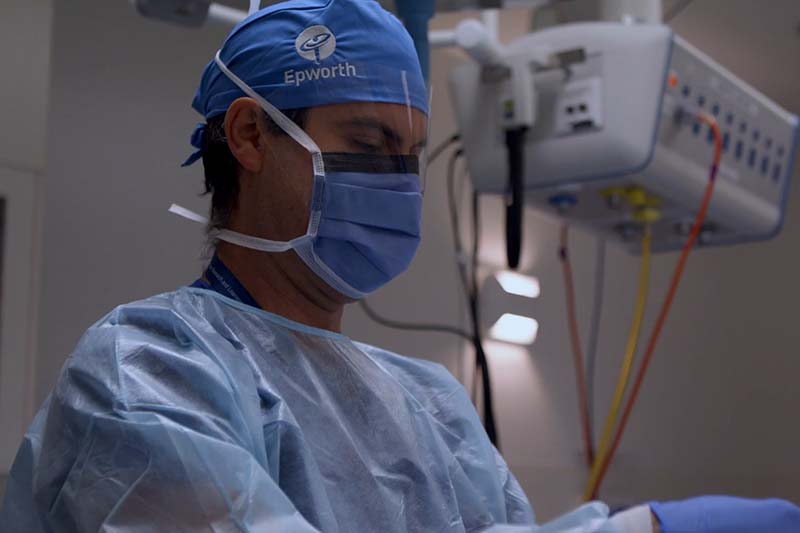
The Jreissati Pancreatic Centre at Epworth in Melbourne has announced a groundbreaking partnership with Pankind, Pancreatic Cancer Australia, to establish a national screening study aimed at detecting pancreatic cancer earlier. This initiative will create a nationwide registry for individuals at high risk of developing the disease and enable Australia’s participation in a global study on this deadly cancer.
Pancreatic cancer is currently the third leading cause of cancer-related deaths in Australia, largely due to its aggressive nature and the fact that it is often diagnosed at a late stage. The new Australian Pancreatic Cancer High-Risk Screening (APRISE) program, spearheaded by the Jreissati Pancreatic Centre, seeks to evaluate the effectiveness of screening strategies for early detection in individuals with significant family or genetic risk factors.
Nationwide Effort for Early Detection
The APRISE program is now open for recruitment across Australia, with confirmed participation from leading hospitals in Victoria, the Australian Capital Territory, Queensland, South Australia, New South Wales, Tasmania, and Western Australia. This collaborative effort is supported by a $500,000 contribution from Pankind over five years, aiming to improve early detection, treatment outcomes, and survival rates.
Professor Andrew Metz, Director of the Jreissati Pancreatic Centre at Epworth, will lead the study as the Coordinating Principal Investigator. “This new partnership with Pankind is vital to try and improve early pancreatic cancer detection, improve treatment outcomes and, most importantly, save lives,” Prof Metz stated. “It also enables Australia’s participation in the global Pancreatic Cancer Early Detection (PRECEDE) study – an international collaboration with a Consortium based at UC San Diego.”
Global Collaboration and Local Innovation
The PRECEDE Consortium, which includes over 30 international sites, places Australia at the forefront of world-leading pancreatic cancer screening and research. Diane M. Simeone, MD, Founding Director of the PRECEDE Consortium, emphasized the significance of this collaboration. “By uniting Australia’s clinical expertise in the local APRISE study with PRECEDE’s global data-sharing and screening protocols, we have taken a pivotal step toward early detection of pancreatic cancer worldwide,” she said.
“We are grateful to the Jreissati Pancreatic Centre at Epworth and APRISE working group for their leadership in enrolling high-risk individuals, and to Pankind for championing the rollout across academic centres nationwide. Together, we are on the path to finding pancreatic cancer earlier, intervening sooner, and saving more lives.”
Empowering Individuals and Families
To support the program, Pankind has developed a quick Family Risk Checker tool designed to help individuals assess their risk of developing pancreatic cancer. This tool aims to guide people through the next steps if they are identified as high-risk. Michelle Stewart, Chief Executive Officer of Pankind, expressed pride in funding this Australia-first screening study. “This program is part of our Early Detection initiatives; it embodies our vision of a fairer system for people impacted by pancreatic cancer – where those most at risk aren’t left behind,” she said.
The initiative is proudly funded by the Epworth Medical Foundation, Pankind: Pancreatic Cancer Australia, the Viridian Foundation, and the Victorian Government through the Victorian Cancer Agency. This collective effort underscores a significant commitment to tackling one of the most challenging cancers through early detection and intervention.
Looking Ahead
The launch of the APRISE program represents a significant step forward in the fight against pancreatic cancer in Australia. By integrating local expertise with global research efforts, the program aims to set new standards in cancer detection and treatment. As recruitment begins nationwide, the hope is that this initiative will lead to earlier diagnoses, improved treatment outcomes, and ultimately, increased survival rates for those affected by pancreatic cancer.
For more information about the Australian Pancreatic Cancer High-Risk Screening (APRISE) program, interested individuals are encouraged to visit the official program website.







